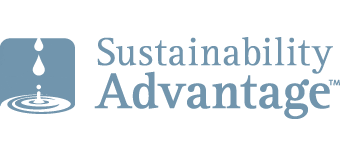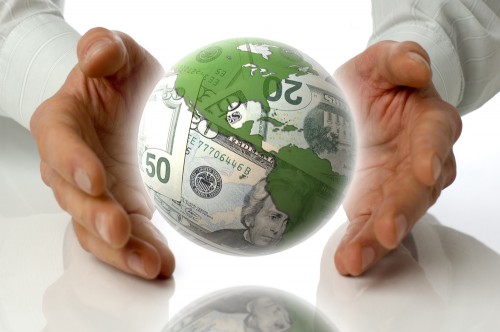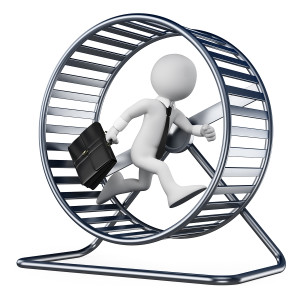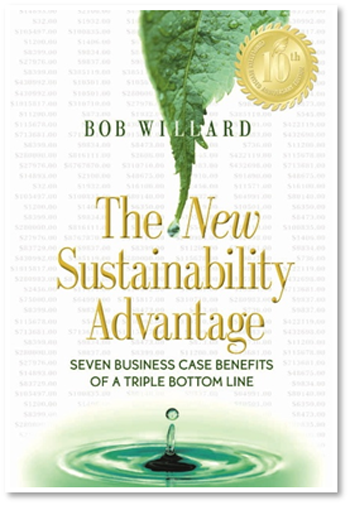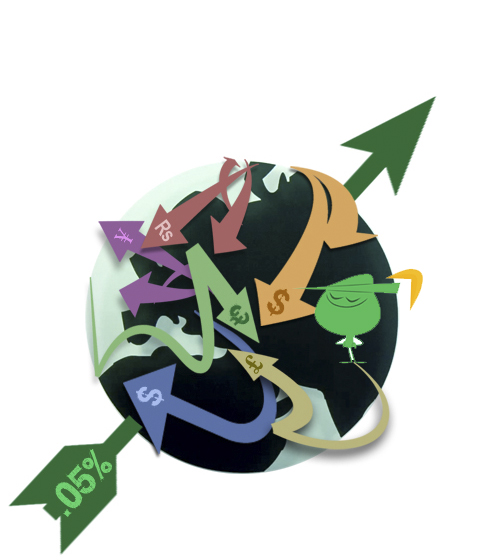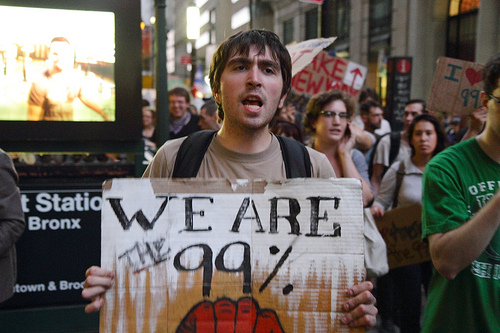5 Reasons I Low-Ball Employee Productivity in the Business Case for Sustainability

As explained in The New Sustainability Advantage, sustainability strategies and programs result in higher levels of employee engagement. Engaged employees are more productive. They want their company to succeed so that it can continue to add value to the community and ecosystems which the employees care about. Engaged employees are the secret sauce in the business case for sustainability. When employees are engaged, magic happens.
Read More
